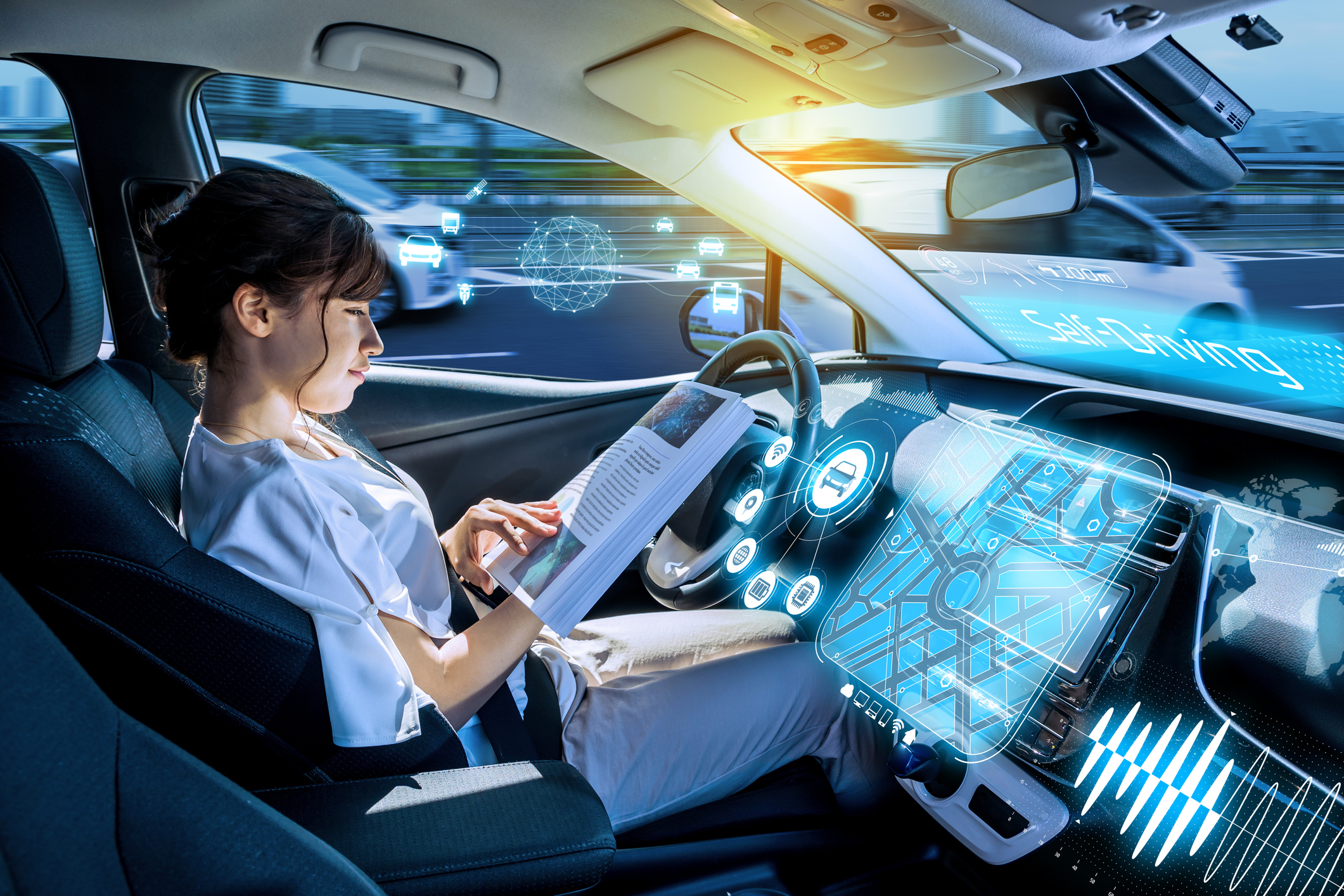
China’s capital, Beijing, is taking significant strides to support the integration of self-driving cars in online ride-hailing services, according to the official Beijing Daily. On Monday, the publication reported that municipal draft rules for autonomous vehicles have been released and are open for public comment through July 29.
The draft rules aim to create a clear, transparent, and predictable institutional framework to foster the development and deployment of autonomous vehicles in the city. This move underscores Beijing’s commitment to advancing cutting-edge transportation technologies and enhancing urban mobility.
In September 2020, Beijing took a pioneering step by establishing the country’s first high-level autonomous driving demonstration zone. This initiative positioned the city at the forefront of autonomous vehicle (AV) innovation in China, creating an environment conducive to testing and developing self-driving technology.
The newly proposed regulations build on this foundation, seeking to formalize the integration of autonomous vehicles into everyday urban transportation. The municipal government aims to set a standard that can be replicated in other regions, driving nationwide adoption of self-driving technology.
The draft rules cover various aspects crucial to the successful deployment of autonomous vehicles in ride-hailing services. Some of the key areas addressed include:
- Safety Standards: Establishing stringent safety protocols for autonomous vehicles to ensure passenger and pedestrian safety.
- Data Security: Implementing robust measures to protect the data generated and used by self-driving cars.
- Operational Guidelines: Defining clear operational parameters for the use of autonomous vehicles in ride-hailing services.
- Insurance Requirements: Outlining mandatory insurance policies to cover potential accidents involving autonomous vehicles.
These comprehensive guidelines aim to mitigate risks and enhance public confidence in autonomous driving technology.
The municipal government is actively seeking public input on the draft rules through July 29. This inclusive approach aims to gather diverse perspectives and ensure that the regulations address the concerns and needs of all stakeholders, including residents, businesses, and technology developers.
By involving the public in the rule-making process, Beijing aims to foster a sense of community ownership and trust in the emerging technology. This participatory approach is expected to result in more robust and widely accepted regulations.
| City | Initiative | Year | Key Features |
|---|---|---|---|
| Beijing | High-level autonomous driving demonstration zone | 2020 | Focused on testing and developing AV technology |
| Shanghai | Intelligent Connected Vehicle (ICV) pilot zone | 2019 | Emphasis on integrating AVs with smart city infrastructure |
| Shenzhen | National autonomous vehicle testing ground | 2018 | Comprehensive testing facilities and regulatory support for AV developers |
| Guangzhou | Autonomous vehicle deployment in public transportation | 2021 | Initiatives to integrate AVs in buses and shuttle services |
The development of autonomous vehicle regulations in Beijing is part of a broader global trend towards embracing self-driving technology. Cities around the world are exploring ways to integrate autonomous vehicles into their transportation systems, aiming to enhance efficiency, reduce traffic congestion, and improve safety.
In the United States, cities like San Francisco and Phoenix have been at the forefront of autonomous vehicle testing. Companies such as Waymo and Cruise are conducting extensive trials to refine their self-driving technologies and address regulatory and safety challenges.
Europe, too, is witnessing significant advancements in autonomous driving. Germany, for example, has enacted laws allowing autonomous vehicles to operate on public roads under specific conditions. The UK is also progressing towards establishing a legal framework for self-driving cars, with ongoing trials in cities like London and Birmingham.
Beijing’s efforts to support the use of self-driving cars in ride-hailing services reflect the city’s broader vision for a smart and sustainable urban future. By leveraging autonomous vehicle technology, Beijing aims to address some of the most pressing urban challenges, including traffic congestion, air pollution, and road safety.
- Reduced Traffic Congestion: Autonomous vehicles can optimize traffic flow and reduce bottlenecks, leading to smoother and faster commutes.
- Enhanced Safety: Self-driving cars are expected to significantly reduce the number of accidents caused by human error.
- Environmental Impact: Autonomous vehicles, especially electric ones, can contribute to lower emissions and improved air quality.
- Accessibility: Self-driving technology can provide mobility solutions for individuals who are unable to drive, such as the elderly and disabled.
Despite the promising potential of autonomous vehicles, several challenges remain. These include technological hurdles, regulatory complexities, and public acceptance. Ensuring the safety and reliability of self-driving cars is paramount, requiring continuous advancements in artificial intelligence, sensor technology, and cybersecurity.
Moreover, the transition to autonomous vehicles will have significant implications for the workforce, particularly for drivers in the ride-hailing and logistics sectors. Policymakers will need to address these socio-economic impacts through targeted initiatives and support programs.
As Beijing seeks public comment on the draft rules, it is essential to gather feedback from a wide range of stakeholders. Residents, businesses, and technology developers are encouraged to participate in the consultation process and share their insights and concerns.
By incorporating public feedback, Beijing can refine the regulations to better reflect the needs and priorities of its citizens. This collaborative approach will be crucial in ensuring the successful implementation and acceptance of autonomous vehicle technology in the city.
Beijing’s proactive steps towards supporting self-driving cars in ride-hailing services mark a significant milestone in the city’s journey towards a smarter and more sustainable future. The draft rules for autonomous vehicles, currently open for public comment, aim to establish a clear and predictable framework for the deployment of self-driving technology.
As Beijing continues to lead the way in autonomous vehicle innovation, the lessons learned and best practices developed in the city will likely serve as a model for other regions in China and beyond. By embracing autonomous driving technology, Beijing is poised to enhance urban mobility, improve road safety, and create a more efficient and environmentally friendly transportation system.
Featured Image courtesy of Fleet News
